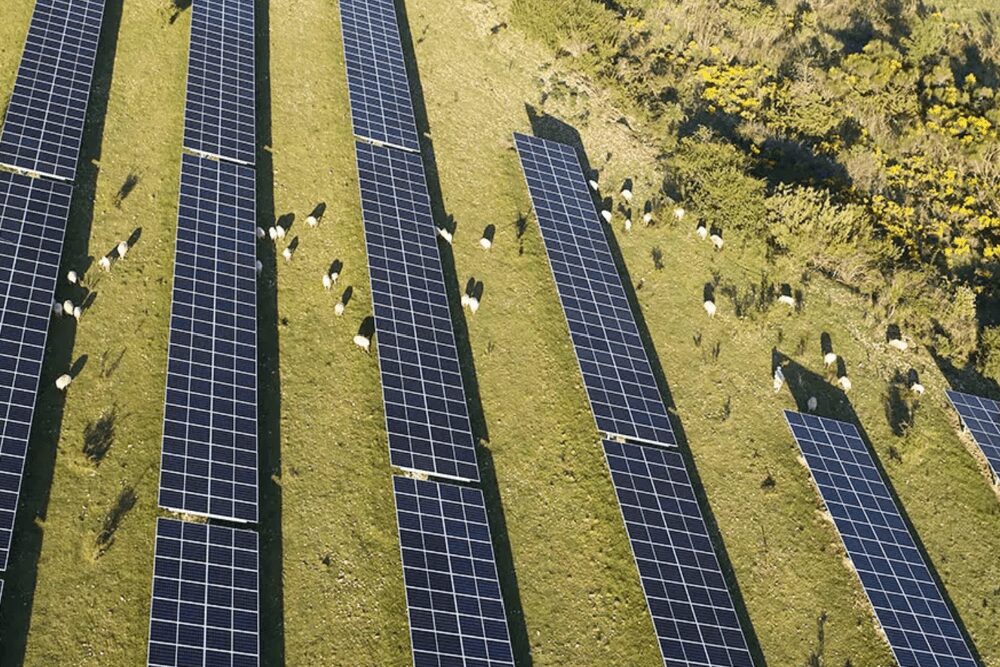
The Economist Intelligence Unit (EIU) has released its Energy in 2023 report, which assesses the growth prospects, top risks and key trends facing the sector next year.
The report finds that total energy consumption across the 69 countries covered by EIU’s Industry service will rise by just 1.3% in 2023.
This will be the second consecutive year of sluggish consumption growth.
In 2022, EIU estimates that demand grew by only 0.9%, amid record-high prices and a contraction in gas and oil supplies from Russia.
Nicolas Daher, lead energy analyst at EIU, said: “With the global economy slowing and energy prices remaining high, energy demand will have sluggish growth in 2023 for second consecutive year.
“Despite decarbonisation targets, coal consumption will grow to compensate for gaps in gas supplies.
“It is likely that droughts will affect hydropower generation, as they did in 2022, prompting governments to burn more fossil fuels to compensate for the decline.
“At the same time the current energy crisis will push some governments to backtrack on efforts to phase out the use of nuclear power.
“Although investment will weaken, renewable energy consumption will surge by about 11%, with Asia leading the way.”
Key trends to watch in 2023 include:
- Global energy consumption will grow by only 1.3% in 2023 amid a slowing economy.
- Despite decarbonisation targets, coal consumption will grow marginally to compensate for gaps in gas supplies.
- More extreme weather events will force many countries to fall back on fossil fuels, delaying the energy transition.
- Renewable energy consumption will surge by about 11%, with Asia leading the way, but investment will weaken.
- The energy crisis will prompt some governments to backtrack on efforts to phase out the use of nuclear power.
This report is part of a wider series that looks at the growth prospects for seven sectors of the global economy: automotive; consumer goods and retail; energy; financial services; healthcare; technology and telecoms; and tourism.











